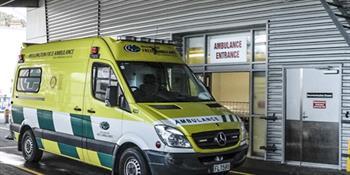Porirua is a city of 62,400 people, just north of New Zealand’s capital, Wellington. While it once had a reputation as a lower socioeconomic area, comprised mostly of Polynesian and Māori families on low incomes or benefits, in the past few decades it’s managed to shed that image. Its median earnings of $70,092 (in the year to March 2023) were still lower than for the whole of New Zealand ($74,754), but grew by eight percent over the previous year.
But those raw figures mask a significant disparity. The city still has more beneficiaries per capita than the New Zealand average. Significantly, the population scores far lower on a range of health indicators, from life expectancy (25.9/100 versus 44.4/100) to road fatalities (95.2 versus 78.6).





